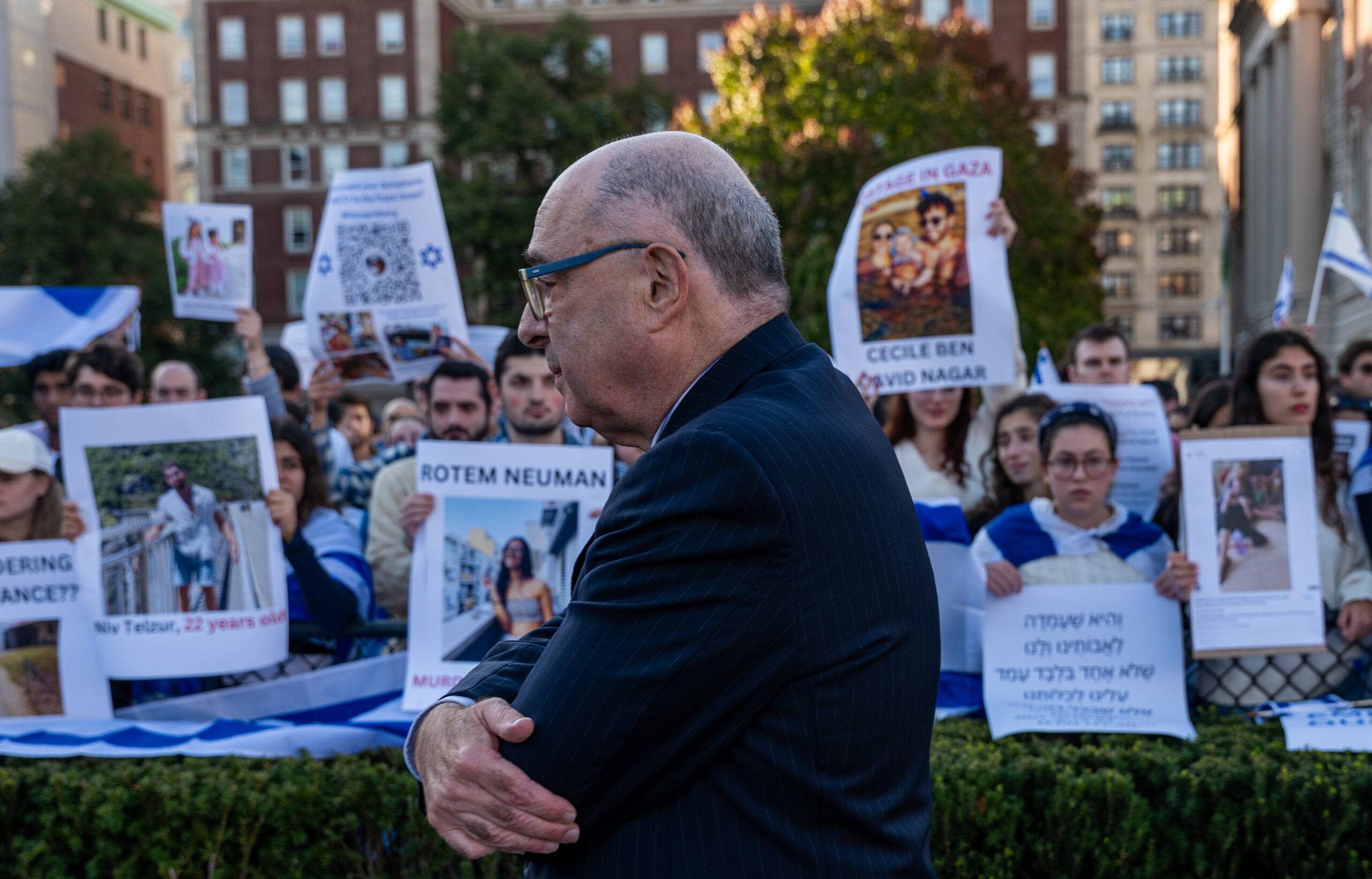While Hamas’s leaders continue to reject the U.S.-backed ceasefire proposal, they have hardly been neglecting diplomacy. Ehud Yaari explains:
Over the past few weeks, Hamas leaders have been engaged in talks with other Palestinian factions and select Arab states to find a formula for postwar governance in the Gaza Strip. Held mainly in Qatar and Egypt, the negotiations have not matured into a clear plan so far, but some forms of cooperation are emerging on the ground in parts of the embattled enclave.
Hamas officials have informed their interlocutors that they are willing to support the formation of either a “technocratic government” or one composed of factions that agree to Palestinian “reconciliation.” They have also insisted that security issues not be part of this government’s authority. In other words, Hamas is happy to let others shoulder civil responsibilities while it focuses on rebuilding its armed networks behind the scenes.
Among the possibilities Hamas is investigating is integration into the Palestinian Authority (PA), the very body that many experts in Israel and in the U.S. believe should take over Gaza after the war ends. The PA president Mahmoud Abbas has so far resisted any such proposals, but some of his comrades in the Palestine Liberation Organization (PLO) are less certain:
On June 12, several ex-PLO and PA officials held an unprecedented meeting in Ramallah and signed an initiative calling for the inclusion of additional factions, meaning Hamas. The PA security services had blocked previous attempts to arrange such meetings in the West Bank. . . . Hamas has already convinced certain smaller PLO factions to get on board with its postwar model.
With generous help from Qatar, Hamas also started a campaign in March asking unaffiliated Palestinian activists from Arab countries and the diaspora to press for a collaborative Hamas role in postwar Gaza. Their main idea for promoting this plan is to convene a “Palestinian National Congress” with hundreds of delegates. Preparatory meetings have already been held in Britain, Lebanon, Kuwait, and Qatar, and more are planned for the United States, Spain, Belgium, Australia, and France.
If the U.S. and other Western countries are serious about wishing to see Hamas defeated, and all the more so if they have any hopes for peace, they will have to convey to all involved that any association with the terrorist group will trigger ostracization and sanctions. That Hamas doesn’t already appear toxic to these various interlocutors is itself a sign of a serious failure.
Read more at Washington Institute for Near East Policy
More about: Gaza War 2023, Hamas, Palestinian Authority


